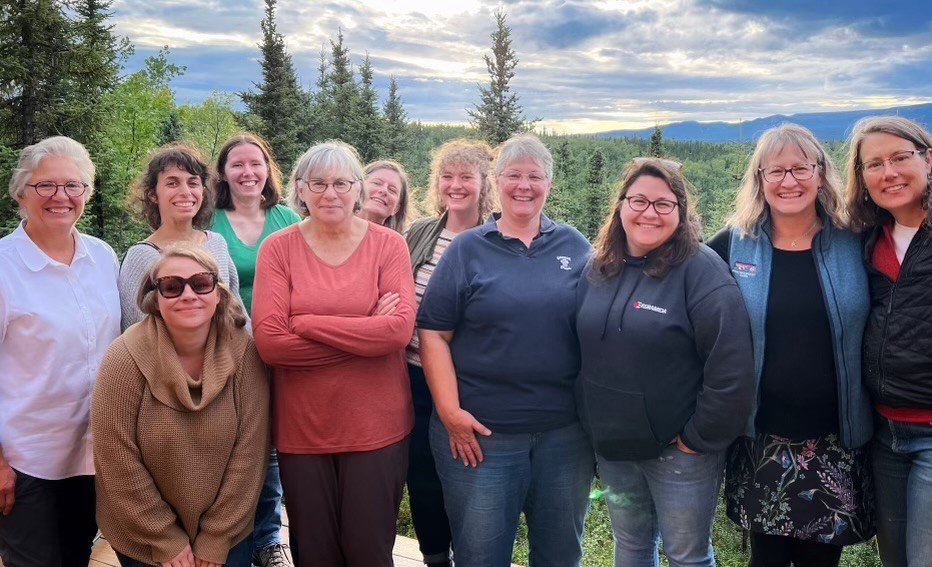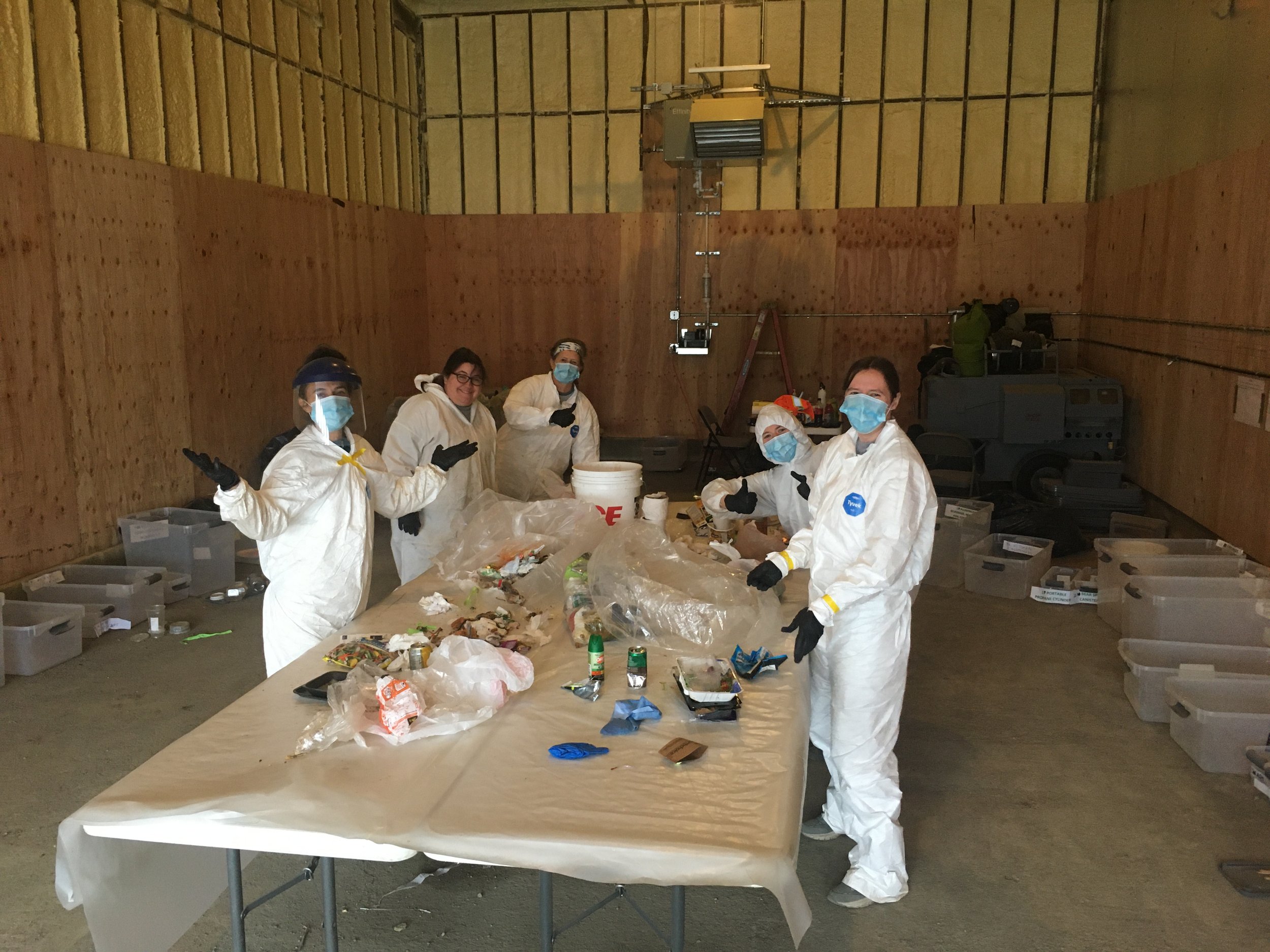Subaru - Waste Reduction for National Parks: Zero Landfill Initiative
Overview:
“Improved infrastructure (with nearly 1000 new containers in the pilot parks) and clear, consistent labeling is having an enormous impact for reducing waste. The additional containers make it easier for visitors to correctly sort and recycle while encouraging the use of reusable items at the parks.” (Source: © Alison Heis/NPCA)
In 2015, Subaru of America, National Parks Conservation Association, and National Park Foundation teamed up to cut the amount of landfill waste produced by national parks as part of the “Don’t Feed the Landfills Initiative.” The partnership is committed to waste reduction by supporting unique waste management initiatives in three pilot parks: Denali National Park, Grand Teton National Park, and Yosemite National Park. Since the launch of the project, the 3 parks have made substantial progress in reducing their environmental footprint, keeping more than 16 million pounds of waste out of landfills.
Subaru, the National Parks Foundation largest corporate donor, was uniquely qualified to serve as a key partner in landfill waste reduction due to its success as the first automotive manufacturing plant in America to achieve zero-landfill status in 2004.
Project Details:
Starting in 2021, Subaru engaged KERAMIDA as part of this innovative partnership. Our sustainability experts were asked to conduct Waste Characterization Studies at all three National Parks. Each study would analyze waste generation data to evaluate waste composition, recyclable composition, recoverability of disposed wastes, and capture rates. Our final report provided a comparison of the 2021 results with the original findings from the start of the initiative in 2015. KERAMIDA’s waste characterization study is a critical step in evaluating the success of the pilot program and in identifying opportunities to further reduce waste. The knowledge gained from this pilot initiative can be used to help the more than 400 national parks across the country expand their own efforts to reduce waste and move towards a more sustainable future.
Grand Teton National Park
In late 2021, KERAMIDA conducted the first study at Grand Teton National Park to evaluate waste generated by guests and employees. By determining the types and amounts of waste being disposed in waste and recycling containers, the Park could be better informed in its Zero Landfill Initiative and waste management program improvements. The study was performed for the National Park Conservation Association, National Park Service, Grand Teton National Park concessionaires, and Subaru of America.
Recommendations were provided regarding:
Adjustments to current recycling programs to improve progress toward goals
Pilot studies for adding other recyclables to current programs
Collection of materials at targeted locations based on feasibility and chances for success
Changes to container locations and management
Use of new data for baseline assessment
Denali National Park and Preserve
Denali Waste Composition Study Team. Members from Subaru, National Parks Service, and KERAMIDA.
A 2022 Waste Composition Study was performed to evaluate waste generated by guests and employees at the Denali National Park and Preserve. The goal of the study was to determine the types and amounts of waste being disposed of in waste and recycling containers in order for the Park to be better informed in its Zero Landfill Initiative and waste management program improvements. The study was performed by the National Park Conservation Association, National Park Service, Grand Teton National Park concessionaires, Subaru of America, and KERAMIDA, Inc.
NPCA leads the Zero Landfill Initiative (ZLI) funded by and in collaboration with Subaru of America which includes performing waste composition studies at three selected national parks in 2015 and 2021/2022 to identify, implement, and monitor improvements in the waste management programs within the NPS. The parks (Grand Teton National Park, Yosemite National Park, and Denali National Park and Preserve) all have established waste management and recycling programs in place and support a broad range of waste diversion levels from 10% to nearly 70%.
The objectives of the study were to:
Review ZLI waste management data from 2015 through 2019
Examine the current waste management system at the Park, for both the NPS and concessionaire-operated functions
Determine the composition of disposed wastes and recovered recyclables
Evaluate the waste composition from different generators within the Park
Compare the waste composition results from the 2015 and 2021 studies
A total of 52 samples of wastes and recyclables were obtained in the 2022 study. 27 samples were from trash collection containers and 25 samples were from recycling stations. A total of 700 lbs. of material was sampled and sorted. KERAMIDA evaluated the data and provided observations and recommendations related to progress toward ZLI goals, food waste diversion, recyclables contamination, plastics content, and program communication.
KERAMIDA’s Team at work at the Denali National Park and Preserve, August 2022.











